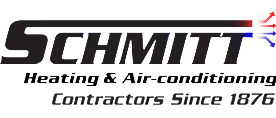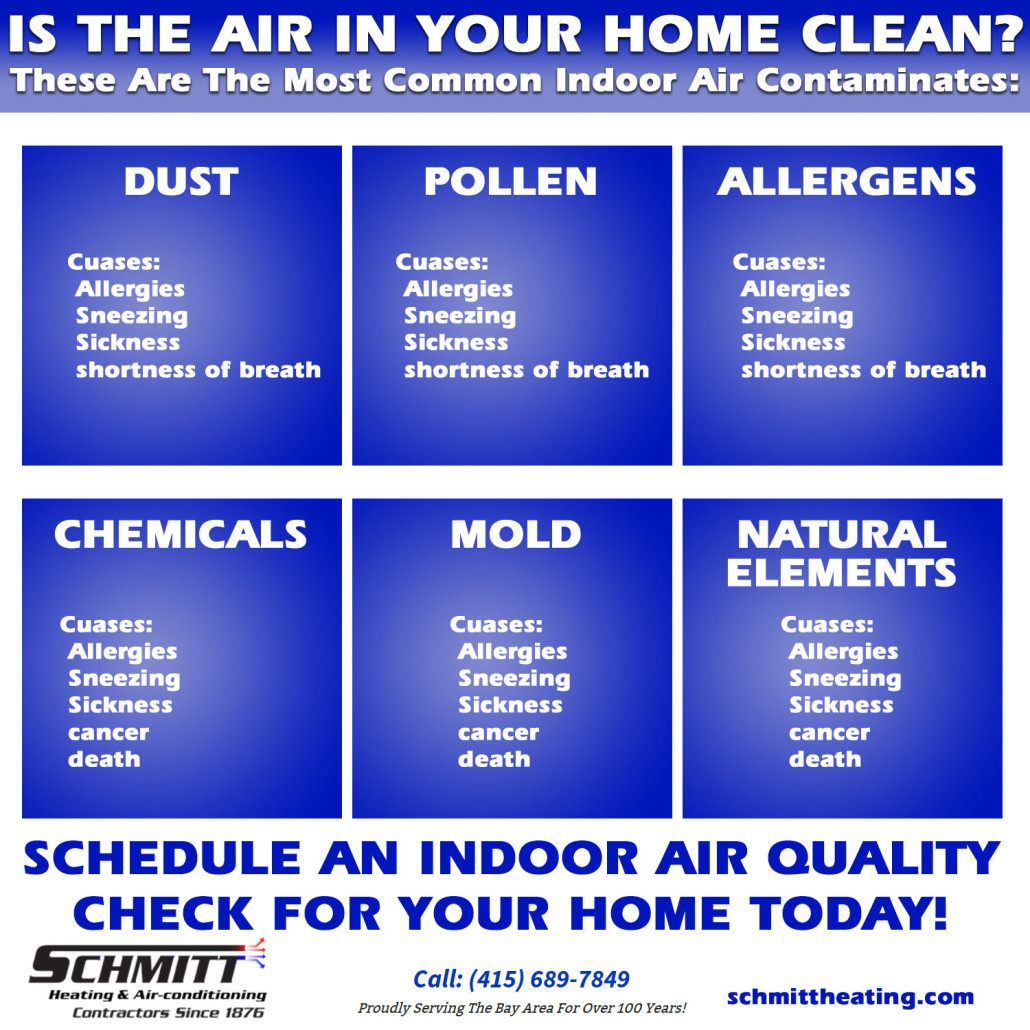Ductless Heating & Air Conditioning Systems
Ductless HVAC systems are nothing new. Ductless heat pumps have been a ubiquitous feature on apartment windows for decades. What is new is using them for whole house heating and the technology involved with that. Using a ductless system for your home provides several benefits over a traditional forced-air system.
Going Ductless
Homeowners have long been frustrated with the performance of forced-air HVAC systems. The uneven cooling, high operational costs, and air quality issues have caused much dissatisfaction. A ductless system can alleviate all these issues.
Even Heating & Cooling
A ductless system will work with an individual thermostat for each heat pump or a thermostat located within a ‘zone’ of your home. This allows you to individualize the temperature for each area, or only heat or cool that area as needed. New technology on some systems also lets you control the individual heat pumps and zones with ease via your smartphone.
Money Saving
The ability to finely control the heating and cooling of different zones, or rooms within your home can greatly reduce your energy consumption. A typical home will have an energy bill of which half is directly attributable to heating and cooling costs. If you can run individual parts of the system as needed, it negates the forced-air drawback of whole-house heating and cooling. If you couple that with the extremely efficient nature of heat pumps the savings can be drastic with the right setup.
Improved Air Quality
Indoor air pollution is a much larger issue than people tend to realize. A traditional forced-air system does very little to improve the air quality in the home. In fact in can aggravate the condition further by blowing dust, allergens, and pollutants around the home as soon as it switches on. A ductless system can greatly improve the air quality through multi-stage filtration and having multiple points of filtration. Each room or zone can have it’s own heat pump filtering the air as opposed to having one or two air returns in a home to cover the whole house.
A ductless system can be a great way to heat and cool a home but it’s not necessary for every home. A well-designed traditional forced-air system can function very well for a home depending on the needs and usage patterns. If you’re unsure of what system is best for you, give us at Schmitt Heating & Air Conditioning a call today to discuss your options!





